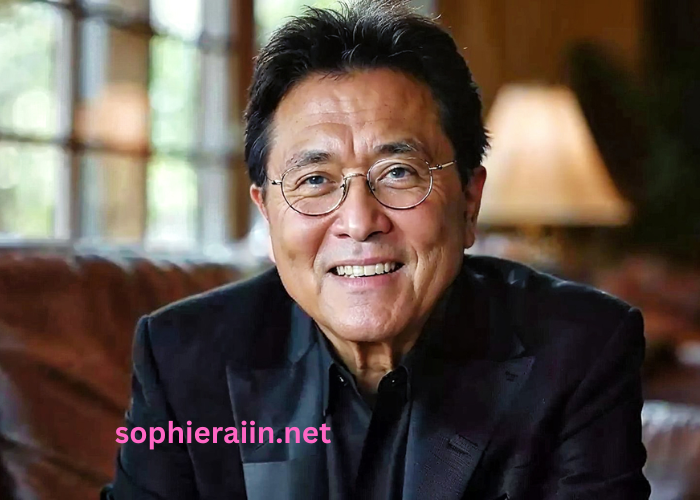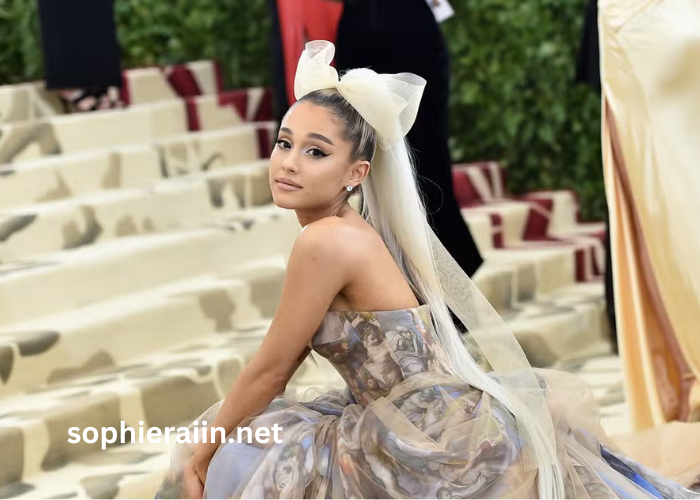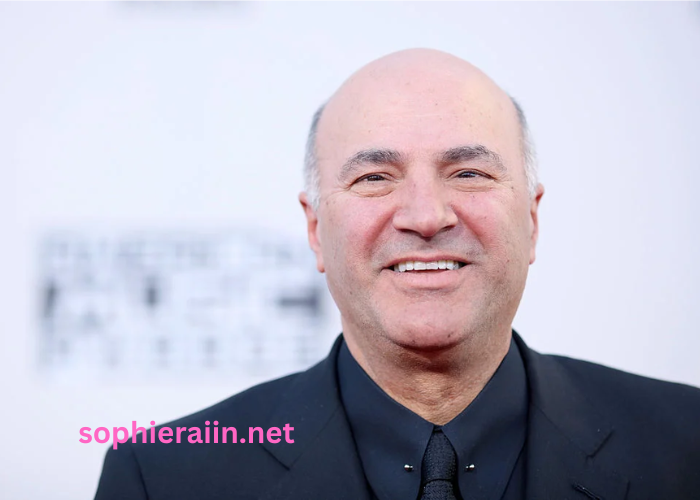Robert Kiyosaki is a well-known American businessman, investor, author, and motivational speaker. His rise to fame began with the publication of his book Rich Dad Poor Dad, which became a bestseller and solidified his place as a leading voice in personal finance. Over the years, Kiyosaki has amassed significant wealth through his books, business ventures, and real estate investments. As of 2024, his net worth is estimated at $100 million.
Kiyosaki’s financial philosophy is centered around financial literacy and independence. His teachings focus on real estate investment, entrepreneurship, and creating multiple income streams. He encourages people to think beyond traditional career paths and instead focus on achieving financial freedom through education and investment. But how did Robert Kiyosaki reach his current level of wealth? In this post, we will explore Kiyosaki’s journey and his estimated net worth, how he built his fortune, and the lessons we can learn from his story.
Key Points:
- Robert Kiyosaki’s net worth is $100 million.
- He became famous for his book Rich Dad Poor Dad.
- Kiyosaki advocates for financial literacy and investment education.
How Did Robert Kiyosaki Become Rich?
Early Life and Education
Robert Kiyosaki’s journey to wealth started in Hilo, Hawaii, where he was born on April 8, 1947. He is of Japanese descent, and his father was an educator. Kiyosaki was raised with strong values, but it was his experiences with two paternal figures that shaped his views on money. His biological father, who followed the traditional path of getting a Ph.D. and working a regular job, struggled financially. In contrast, his friend’s father, the “rich dad,” was a successful entrepreneur who taught Robert the importance of financial education.
Kiyosaki attended the U.S. Merchant Marine Academy and later served as a helicopter pilot in the Vietnam War. After his service, Kiyosaki attended college and earned an MBA. He then worked as a sales associate at Xerox, where he began his early entrepreneurial journey. Despite early failures in business, his experiences shaped his view that traditional education and employment alone weren’t the key to financial success.
What Is Robert Kiyosaki’s Main Source of Income?
Books and Author Career
Kiyosaki’s most notable source of income is from his books. His 1997 book Rich Dad Poor Dad was initially self-published but later became a global sensation. The book focuses on personal finance, offering lessons on investing, the importance of financial literacy, and the difference between assets and liabilities. It has sold over 32 million copies worldwide, making it one of the best-selling personal finance books of all time.
In addition to Rich Dad Poor Dad, Kiyosaki has written several other books, including Cashflow Quadrant and Why We Want You to Be Rich (co-authored with Donald Trump). These publications continue to generate income through book sales and royalties.
Real Estate and Investments
Real estate investment is another significant source of income for Kiyosaki. His financial philosophy centers on creating wealth through property ownership, and he has invested in several real estate ventures throughout his career. He often encourages his followers to invest in real estate to build long-term wealth. Despite the risks involved in real estate, Kiyosaki has managed to make it a cornerstone of his financial portfolio.
How Did Robert Kiyosaki Build His Wealth?
Seminars and Online Programs
In addition to books and real estate, Kiyosaki has also built wealth through seminars and educational programs. His company, Cashflow Technologies, has held seminars where people can learn about financial literacy, investing, and entrepreneurship. While some of these seminars have been criticized for not delivering tangible value, they have still contributed to his overall wealth.
The seminars often attract a mix of free and paid participants, with the higher-level programs costing thousands of dollars. These programs promote Kiyosaki’s philosophies on financial independence and have helped him expand his business empire. Although some critics argue that the seminars often rely on upselling and high-pressure tactics, Kiyosaki’s influence remains strong in the personal finance world.
Business Ventures
Throughout his career, Kiyosaki has been involved in several business ventures. One of his early businesses was selling nylon and velcro wallets, which ultimately went bankrupt. He also attempted to run a retail business selling T-shirts, which also failed. However, Kiyosaki learned from these failures, and by 1997, he launched Cashflow Technologies, the company behind his Rich Dad brand.
In addition to his educational programs, Kiyosaki has also delved into partnerships, such as co-authoring books with prominent figures like Donald Trump. These ventures have helped him generate both passive income and active income through speaking engagements and promotions.
What Are the Key Factors Behind Robert Kiyosaki’s Financial Philosophy?
Financial Education and Financial Freedom
At the core of Robert Kiyosaki’s teachings is financial literacy. He argues that traditional education does not equip individuals with the tools to manage money, and that real financial education can help people achieve financial independence. In his view, financial freedom is about understanding the difference between assets and liabilities and investing in ways that generate passive income, such as real estate and businesses.
Kiyosaki believes that financial education is not just about knowing how to save or invest money but also about knowing how to use money to create more wealth. His books emphasize that working for money is less important than learning how to make money work for you.
Real Estate Investing
Kiyosaki is a firm believer in real estate investing. He teaches that owning properties, particularly income-generating properties, is one of the most effective ways to build wealth. Throughout his books and seminars, he provides examples of how individuals can start with small investments and gradually scale up their real estate portfolios. Although real estate can be risky and requires substantial capital, Kiyosaki emphasizes the importance of education and strategy in minimizing risks.
Robert Kiyosaki Net Worth in Comparison to Other Personal Finance Influencers
| Influencer | Net Worth (USD) | Main Source of Income |
| Robert Kiyosaki | $100 million | Books, Seminars, Real Estate |
| Dave Ramsey | $200 million | Radio Shows, Books, Seminars |
| Suze Orman | $75 million | Books, TV Shows, Seminars |
Note: Robert Kiyosaki’s net worth is substantial, but there are other personal finance influencers with higher earnings through diverse channels like radio shows and TV appearances.
Conclusion
Robert Kiyosaki’s net worth of $100 million is a testament to his successful ventures in authorship, business, and real estate investment. His book Rich Dad Poor Dad remains one of the most influential personal finance books of all time, offering a unique perspective on wealth-building and financial literacy.
While Kiyosaki has faced criticism for some of his business practices and claims, there’s no denying his impact on financial education. His message about investing, education, and financial independence continues to resonate with millions worldwide.
FAQ’s
- What is Robert Kiyosaki’s net worth?
Robert Kiyosaki’s net worth is estimated at $100 million as of 2024. - How did Robert Kiyosaki make his money?
Kiyosaki made his fortune through books like Rich Dad Poor Dad, real estate investments, seminars, and educational programs. - What is Kiyosaki’s financial philosophy?
Kiyosaki advocates for financial education, real estate investing, and creating multiple income streams to achieve financial freedom. - Why was Robert Kiyosaki’s company bankrupt?
Kiyosaki’s company Rich Global LLC filed for bankruptcy in 2012 following lawsuits and financial disputes related to his seminars. - What other books has Robert Kiyosaki written?
In addition to Rich Dad Poor Dad, Kiyosaki has written Cashflow Quadrant, Why We Want You to Be Rich (with Donald Trump), and many other books focusing on financial education.



